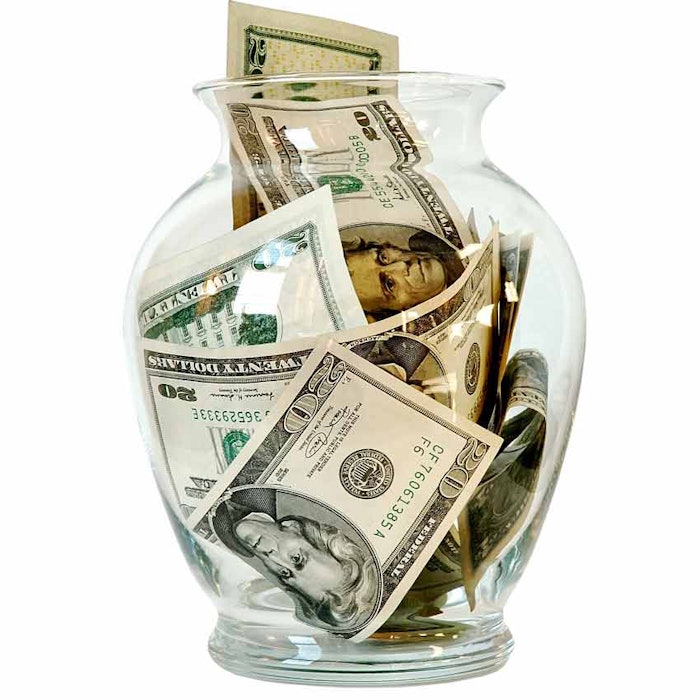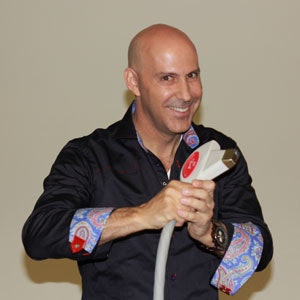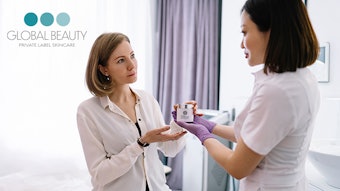
If something seems too good to be true, it probably is. Deep discounts, like the ones offered by Groupon, might just be the perfect example of that philosophy. When first launched, Groupon's unique business model appealed to merchants and customers alike. Merchants could potentially gain hundreds of new customers with no upfront advertising costs, and customers got a smoking deal on a great service or product. Groupon’s 50/50 revenue split was fueled by the concept that once a customer tried a new business, she’d automatically convert to loyal patron.
Everyone was happy, right? Wrong. Instead, the discount marketplace created thousands of customers more concerned with price than quality. In other words, it created deal shoppers. But how did something so good turn bad so quickly? The discount marketplace started out as a deal-of-the-day—a “too good to be true” offer (60-70% discount) with limited availability.
Over time, however, the daily deal morphed into a marketplace, offering everything from hot stone massage to facials, pizza delivery and laser hair removal. The problem arrose when hundreds of “better offers” became available every single day. "Deal shoppers" are not loyal. No matter how much they like you or your business—let’s say you’re an esthetician—if they can purchase a $40 facial (rather than a regular priced $100 facial) any time they want, they will. And they won’t come back to you, until you offer them another deeply discounted service.
With this in mind, it’s nearly impossible to create customers for life. Some business owners, especially start-ups, insist that online discount marketplaces are still a “good” thing, but I would challenge those folks to take a closer look at what they’re spending. If 50 customers purchase a $40 facial worth $80, Groupon gets $20 off the top, or half, and the spa still has to pay for salaries, utilities, linen rental and back bar supplies. If the client doesn’t return, the spa is not only not making money, they are losing it. Additionally, they are losing opportunities to generate full-priced retail services in that same time slot.
Businesses that regularly operate with discounts are fine with this, relying on cross- or upsells on a highly discounted item. For example, McDonalds has a 99-cent hamburger, but often those customers who come for a burger buy fries and a drink. This concept changes when talking about discount marketplaces and a spa, because for every $40 facial a spa sells on Groupon, they'd have to also sell the same customer a $100 anti-aging treatment while she’s in the treatment room. I’ve yet to meet the person who can regularly do that. Most deal shoppers won’t make a spontaneous, full-priced purchase knowing they can get it cheaper elsewhere. Groupon has recently amended its business concept—now offering some business owners a 70/30 split instead of the original 50/50. This is great news for most business owners, whose profits have been negatively affected by this deal-of-the-day concept.
There are plenty of other ways to bring in new and loyal customers without having to pay big bucks in marketing costs. You just need to do a little thinking outside the (discount marketplace) box. While you might not be able to make a profit using Groupon—use the following tips to offer deals and make some money.
Tips for Deals that Make Money
- If you try Groupon, have an ultimate upsell or cross-sell ready as soon as your customer walks in the door. It needs to be an amazing value she can’t pass up, and something on which you’ll make money.
- Always sell a package rather than a single service. This locks in the customer, giving you multiple opportunities to upsell her.
- Instead of Groupon, offer a free add-on service of significant value to the customer, e.g., a free facial when she buys her next full-priced chemical peel (or similar). This increases the likelihood she’ll return to you.











